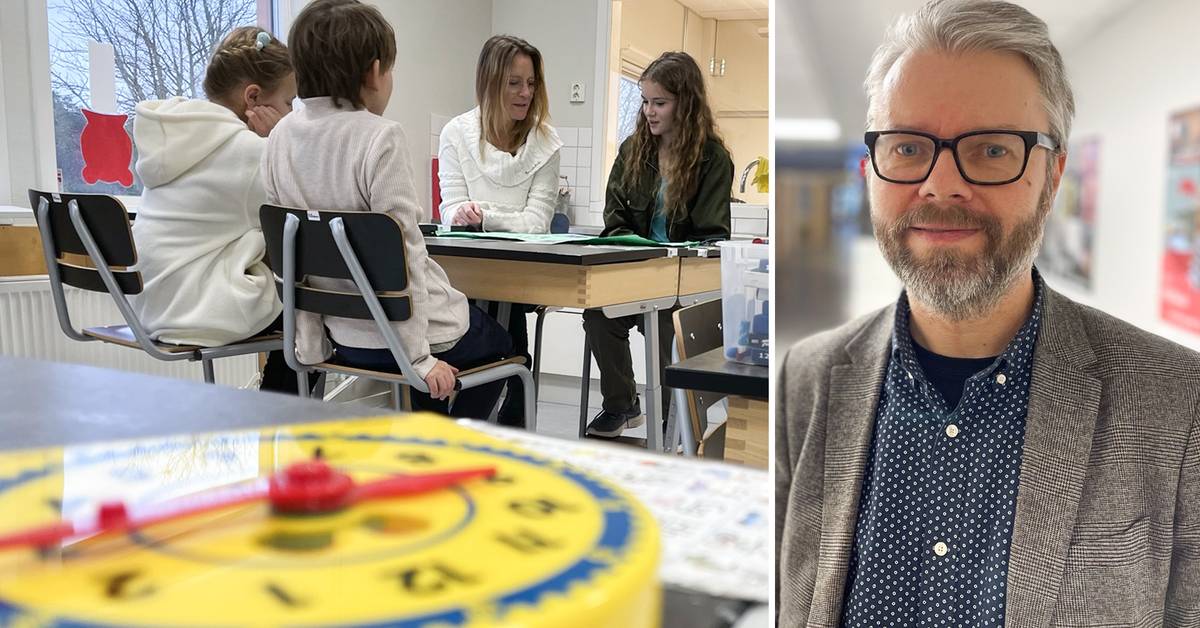If the forecast had been correct, 300 to 750 Ukrainians would have come to Uddevalla after the outbreak of war.
Today, 169 people are registered with the Swedish Migration Agency, just under 30 of them are school-age children.
Few Ukrainian children went to Swedish school during the spring.
One reason may be that many instead chose to complete their studies at a distance from their home country. Before the autumn semester, the situation looked different, something that was reflected across the country.
Close to 5,800 children of primary school age who fled the war in Ukraine went to Swedish school on September 1 this year, according to a survey conducted by the Swedish National Agency for Education.
This corresponds to approximately 80 percent of the children of the age who, according to the Migration Agency, are staying in Sweden.
Way of working since the Syrian war
In 2015, when a large number of refugees from Syria came to Sweden, the municipality of Uddevalla started a reception unit precisely to map the level of education of newly arrived children, which was named Bryggan.
The business would likely be affected by cuts if the refugee children from Ukraine had not arrived.
Now, instead, they have once again had a full classroom, with around 50 students in total during the year, of which 23 are from Ukraine.
- Looking at the health situation, the students from Ukraine have arrived here faster and have not experienced the same on the way here as those who came during the Syrian conflict, says Susanne Erlandsson, head of unit.
Challenge if more come
The big challenge for many municipalities during the academic year has been to get hold of staff who know Ukrainian or Russian.
Ola Sundberg believes that it worked well in Uddevalla, to some extent because a contact network already existed through Bryggan.
The war is still going on. What preparedness is there if the situation worsens, and more children arrive here?
- It is clear that there will be challenges.
But I would say that we will arrange it somehow, but not from one day to another, says Ola Sundberg.

